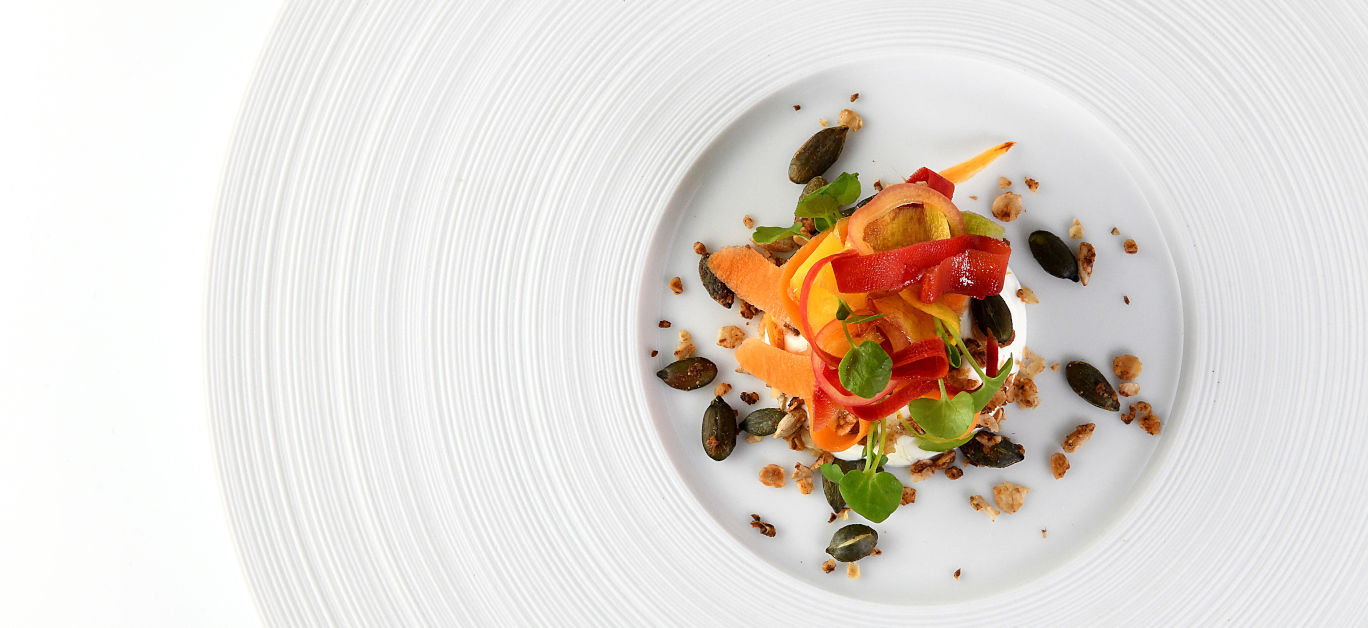Do you know where your food really comes from? The time has come to take a step back and assess what we’re consuming, while considering if we’re really buying from the best places, for a whole host of reasons.
Those of us who dine out at award-winning restaurants will no doubt be accustomed to seeing menus that change with the seasons and are littered with mention of local suppliers from which carefully chosen ingredients are sourced from. While it may seem a little ostentatious for some people, there’s actually an extremely valid reason for highlighting where the food is sourced from, and revaluating the need for buying non-seasonal produce that is sourced the world over.
An introduction to the Slow Food organisation
Considering the locality of our food and traditions that surround its production as well as other factors that come into play with our food choices is nothing new, in fact, organisations such as Slow Food have been working globally to make consumers consider their choices since 1989.
The original idea of Slow Food was to combat the notion of fast food and it has developed its concept even further since. As the organisation’s website explains, its aim is: “to prevent the disappearance of local food cultures and traditions, counteract the rise of fast life and combat people’s dwindling interest in the food they eat, where it comes from and how our food choices affect the world around us.”
“Slow Food believes food is tied to many other aspects of life, including culture, politics, agriculture and the environment. Through our food choices we can collectively influence how food is cultivated, produced and distributed, and change the world as a result,” it adds.
Slow Food and Relais and Châteaux work together to promote Food for Change campaign

Slow Food has teamed up with luxury hotel and restaurant brand Relais and Châteaux to promote the Food for Change campaign with the hope to inspire people around the world to be more mindful about our food system, which is responsible for 30% of greenhouse gas emissions.
Relais and Châteaux members are well placed to implement regenerative practices. Many properties cultivate their own gardens, often with heritage, endangered or unusual species that may die out if they are not grown for food. As well as growing fruit and vegetables, many also maintain orchards or vineyards and keep animals including bees, sheep, pigs and cows.
An association of more than 580 landmark hotels and restaurants operated by independent innkeepers, chefs and owners who share a passion for their businesses and a desire for authenticity in their relationships with their clientele, Relais and Châteaux is established around the globe, from the Napa Valley vineyards and French Provence to the beaches of the Indian Ocean.
It offers an introduction to a lifestyle inspired by local culture and a unique dip into human history. Relais and Châteaux members have a driving desire to protect and promote the richness and diversity of the world’s cuisine and traditions of hospitality. They are committed to preserving local heritage and the environment, as encompassed in the charter presented to UNESCO in November 2014.
Regenerative agriculture
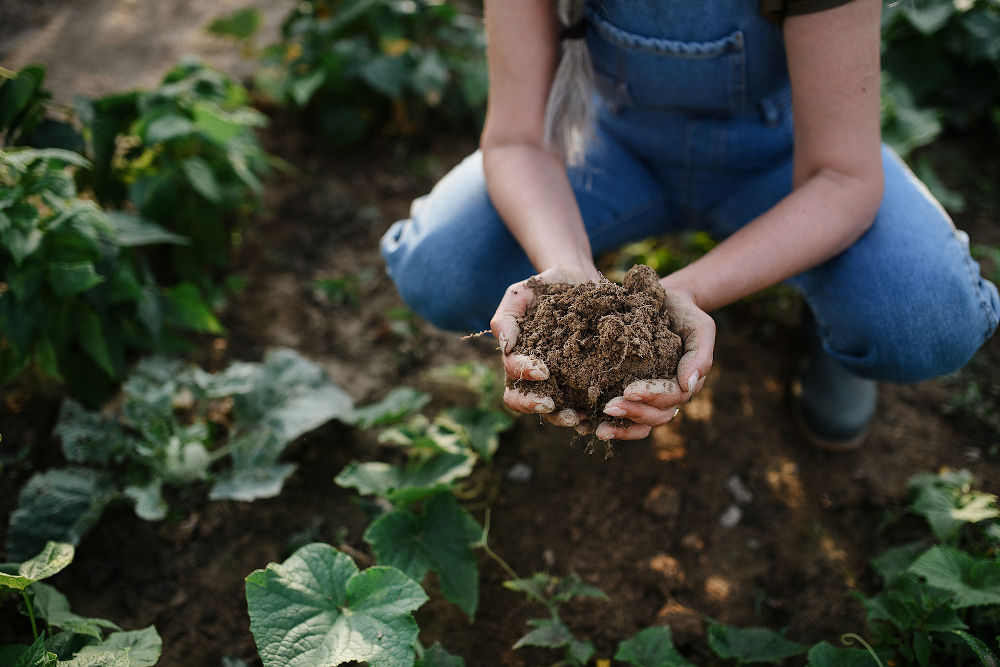
Regenerative farming is the subject of Ted talks and there is even a Netflix documentary all about it. However, there is still a huge amount of work to be done, in the UK and Ireland especially, to educate the consumer and hospitality industry on what it is and how very important it is for the future of our planet.
Regenerative agriculture creates naturally fertile land, reduces greenhouse gas emissions and increases carbon sequestration. Relais and Châteaux is promoting regenerative farming practices among its members and their wider communities, in support of the joint annual Food for Change campaign.
Olivier Roellinger, vice president of Relais and Châteaux, said: “Relais and Châteaux chefs are guardians of biodiversity, acting as stewards of nature’s beauty, which in turn creates resiliency in our food system. Prioritising soil health results in carbon drawdown and improved water cycles. This is regeneration. This is the future of gastronomy.”
The approach is seen by food and climate experts as essential in the fight against climate change, providing a crucial plank in the journey towards carbon neutrality and beyond to net zero. It can help restore ecosystems to a natural equilibrium, and increase the productivity of the land, and the animal life it supports.
Edward Mukiibi, president of Slow Food, underlines: “Regenerative practices have the power to transform our food systems, restore the integrity of the land, feed our communities and slow climate change.
“The solution to the crisis cannot be the same for every continent, territory and latitude: this is the approach of the multinationals that leads to the destruction of biodiversity and the loss of food traditions. Instead, the right approach is differentiated and comes from below, from the experience of local producers and the activation of citizens in adopting environmentally friendly choices and behaviour. Everyone can get involved and make a difference. This is what Slow Food means for RegenerAction.”
The Ark of Taste
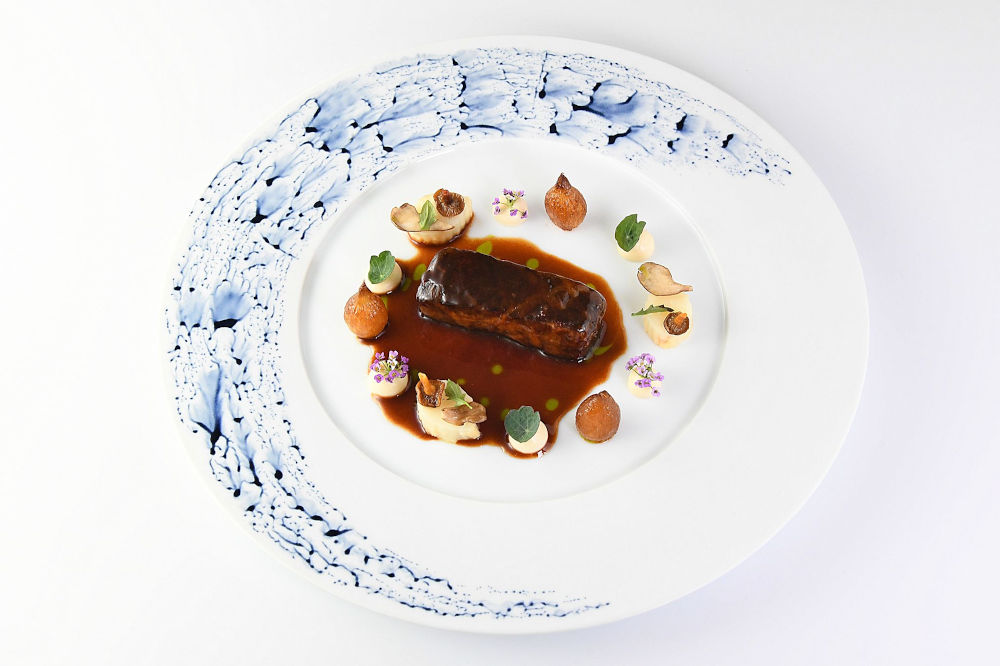
In addition, Relais and Châteaux has now successfully nominated more than 100 products to Slow Food’s Ark of Taste, a catalogue of 5,700 near-extinct foods (small scale production plant varieties, animal breeds and traditional processed products such as cheeses, cured meats, breads, sweets, etc) in an effort to save biodiversity and culinary heritage.
The Ark of Taste is an authority on biodiversity charting edible history, and it creates an invaluable connection between small producers, chefs, academics, consumers and policymakers. As an international reference, it preserves culinary heritage and biodiversity for the future of our food systems. The nominations must undergo a strict evaluation process through 20 technical national committees, Slow Food’s Content and Projects Hub and the University of Gastronomic Sciences in Pollenzo before being approved to the Ark of Taste.
The full list of the Relais and Châteaux products can be found on Slow Food Foundation’s Ark of Taste digital database at fondazioneslowfood.com
Local food for change activations
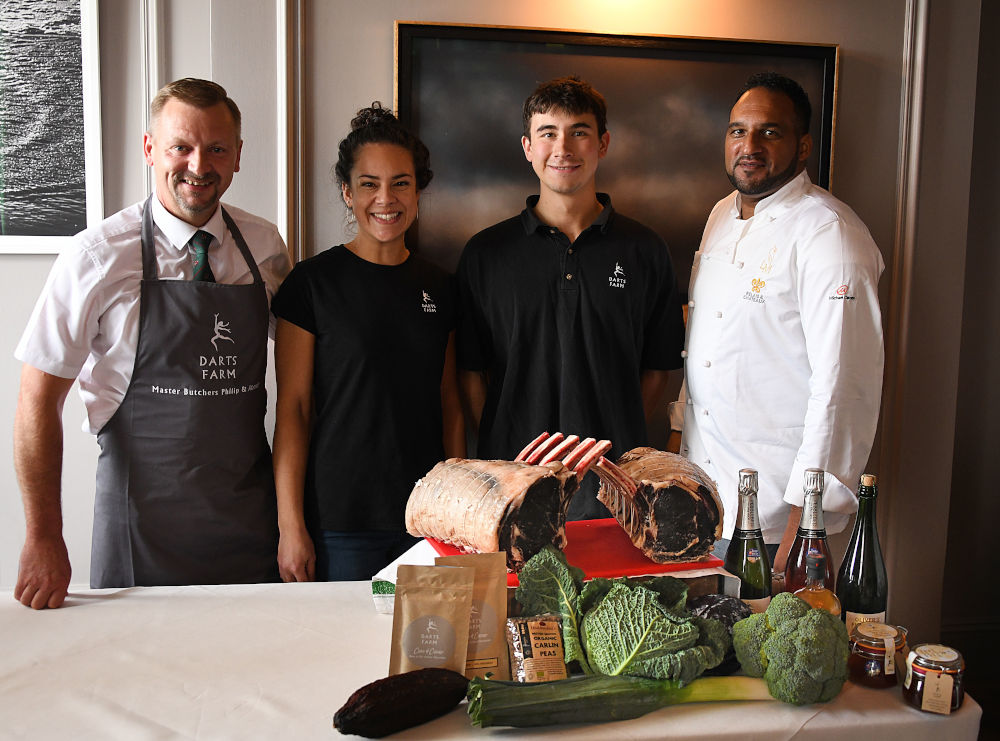
Hundreds of Relais and Châteaux properties around the world are expected to showcase their own regenerative practices – including how the approach impacts what they serve in their restaurants, by hosting special dinners and cooking classes to ensure the message gets through to guests and diners.
In addition to Slow Food’s biennial Terra Madre Salone del Gusto event, in which Relais and Châteaux fields guest speakers, signature events will take place in the four corners of the world.
From the German growing region of Rheingau to the untamed landscapes of New Zealand, on the rocky coastline of Devon in South West England and in the heights of Beijing where once stood an ancient village dating back to the Great Ming dynasty, Relais and Châteaux chefs will invite guests to their farms, vegetable gardens and kitchens to raise awareness of the Food for Change campaign, present menus that feature local and seasonal ingredients and let their guests meet the local producers who promote regenerative farming.
And it was my privilege to join a group of renowned chefs from around the UK and Ireland recently to discuss what they do in their Relais and chateaux hotels to work towards a better future for our food and also sample a selection of some Ark of Taste foods from the chef’s regions.
The five-course gastronomic lunch experience saw Luke Matthews of Chewton Glen, Simon Crannage of Grantley Hall, Tom Scade of The Vineyard, Stephen Hayes of Cashel Palace and Michael Caines of Lympstone Manor serve up delicious dishes at the refined Relais and Chateaux five-star manor house hotel Lympstone Manor in Devon.
It provided a great opportunity to learn more about the lengths these top chefs go to in order to provide not only tasty food to their guests, but produce that is at its very best – by being seasonal, local and authentic.
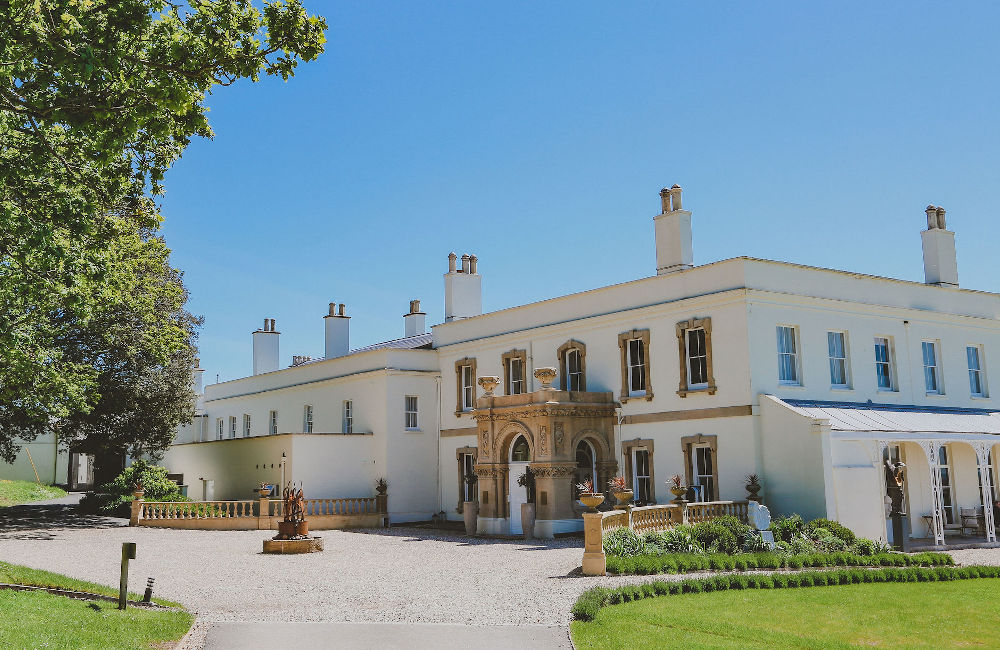
Perhaps we can learn something from these restaurant menus, take a little time to consider the extra effort it takes to source from independent farmers and producers and appreciate the effort the chefs have gone to in order to offer us up something that we could only dream of recreating ourselves at home. And not because it’s fashionable or an excuse to charge more for their food or in attempt to somehow be more appealing to award givers, but because they are taking responsibility for their part in the food system.
What can we do as individuals to make a change?
When it comes to considering how we, as individuals can make better choices, for the environment, our health and the consideration of local traditions and businesses, there are a number of actions we can take.
Taking responsibility for knowing what you’re buying is paramount and learning more about seasonality, while also considering food miles will also help. Buying products from your local butchers, greengrocers, farm shops and bakeries will ensure that you’ll be consuming products that are local to you and of good quality – reducing food miles and the impact on the environment.
Seasonal foods mean less will be imported to satisfy your need to eat the same vegetables year-round, while learning about the heritage of your meat, eating that wonky veg, discovering local cheeses and considering the impact of the ingredients you are buying will go towards a more sustainable future for all.
Find out more at slowfood.com.












